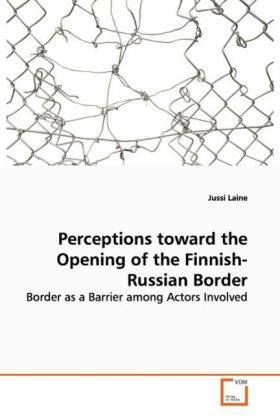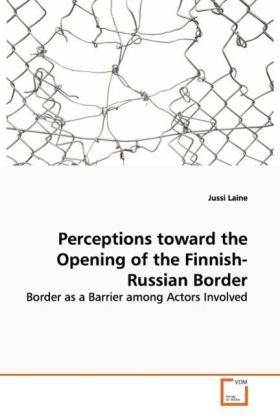
- Afhalen na 1 uur in een winkel met voorraad
- Gratis thuislevering in België vanaf € 30
- Ruim aanbod met 7 miljoen producten
- Afhalen na 1 uur in een winkel met voorraad
- Gratis thuislevering in België vanaf € 30
- Ruim aanbod met 7 miljoen producten
Zoeken
€ 58,45
+ 116 punten
Omschrijving
This study examines the manner in which the often-mentioned barrier effect of the Finnish-Russian border as well as the greater interaction, enabled by the gradual opening of the border, is perceived among actors involved in cross-border co-operation or interaction. The discussion concerning the dominant and influential debates in the studies of borders and border regions provides the analytical framework within which the study is carried out. It is a composition of several proposals, which taken together suggest that, first and foremost, borders are barriers for interaction. They have several different roles, some of which are more resistant to change. The basic assertion of this study is that despite its partial opening, the Finnish-Russian border and its side-effects still function as a barrier, separating the two sides from each other and hindering interaction. Given the role that the border plays, this is not, however, a purely negative thing. A majority on both sides perceives the border as a necessary and useful institution that is sufficiently transparent to enable the two neighbors to interact in a mutually beneficial manner.
Specificaties
Betrokkenen
- Auteur(s):
- Uitgeverij:
Inhoud
- Aantal bladzijden:
- 124
- Taal:
- Engels
Eigenschappen
- Productcode (EAN):
- 9783639098617
- Verschijningsdatum:
- 6/11/2008
- Uitvoering:
- Paperback
- Formaat:
- Trade paperback (VS)
- Afmetingen:
- 152 mm x 229 mm
- Gewicht:
- 176 g

Alleen bij Standaard Boekhandel
+ 116 punten op je klantenkaart van Standaard Boekhandel
Beoordelingen
We publiceren alleen reviews die voldoen aan de voorwaarden voor reviews. Bekijk onze voorwaarden voor reviews.











